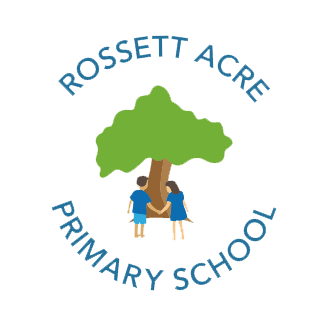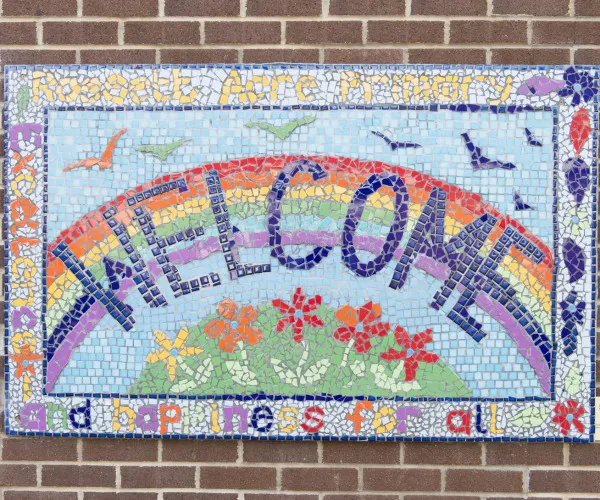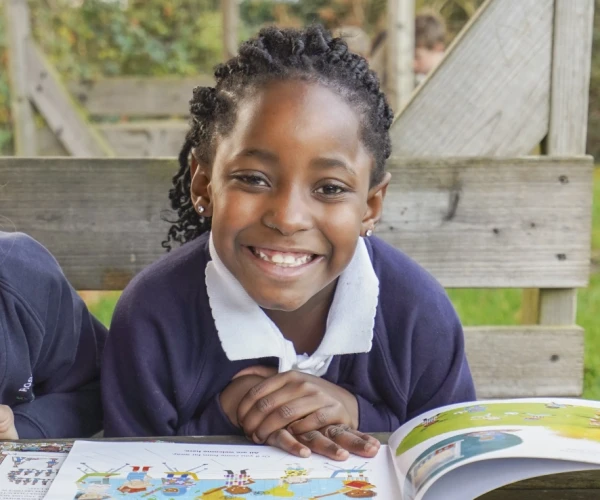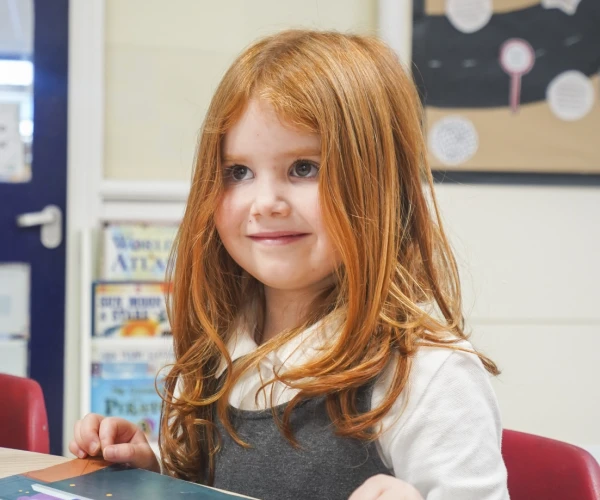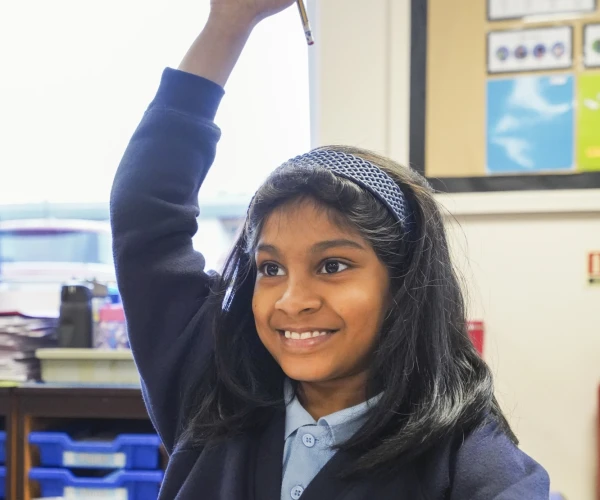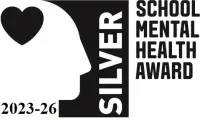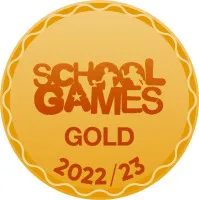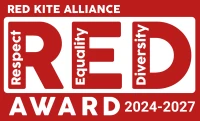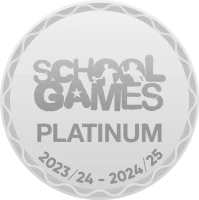In Early Years, historical knowledge and understanding is drawn from the Early Learning Goals of Communication and Language, People and Communities, and Expressive Arts and Design.
History
Vision for History
At Rossett Acre our vision is that children will increase their understanding of a broad range of historical eras and of the influence they have on our lives today. We will present these within engaging themes and topics while actively encouraging children to investigate, enquire and develop their use of historical concepts - the aim being to help them to become confident and well-educated citizens. Our school curriculum covers British history from the Stone Age to the twentieth century, including local area studies, as well as exploring civilisations of the Ancient World, including Egypt, Greece, Rome and the Mayans. We strive to deliver these topics with active and creative participation from the pupils through themed days, events and visits. As well as meeting the needs of the National Curriculum our approach to History continues to be based upon the children’s views of themes, ensuring that the subject helps to deliver on our whole school vision of ‘excellence and happiness for all'.
History in Early Years
History in Key Stage 1
In KS1, children begin to develop their knowledge and understanding of British History and wider world History through the study of significant individuals and events.
History in Lower Key Stage 2
In lower KS2, children continue to develop their knowledge and understanding of British and wider world history through the study of significant individuals and events, which they increasingly learn to place within the context of their prior learning.
History in Upper Key Stage 2
In upper KS2, the children continue to develop their knowledge and understanding of British and wider world history, drawing on the breadth and depth of knowledge accumulated throughout their schooling; through this, they are able to draw ever more connections and comparisons between significant historical figures, events and eras.
